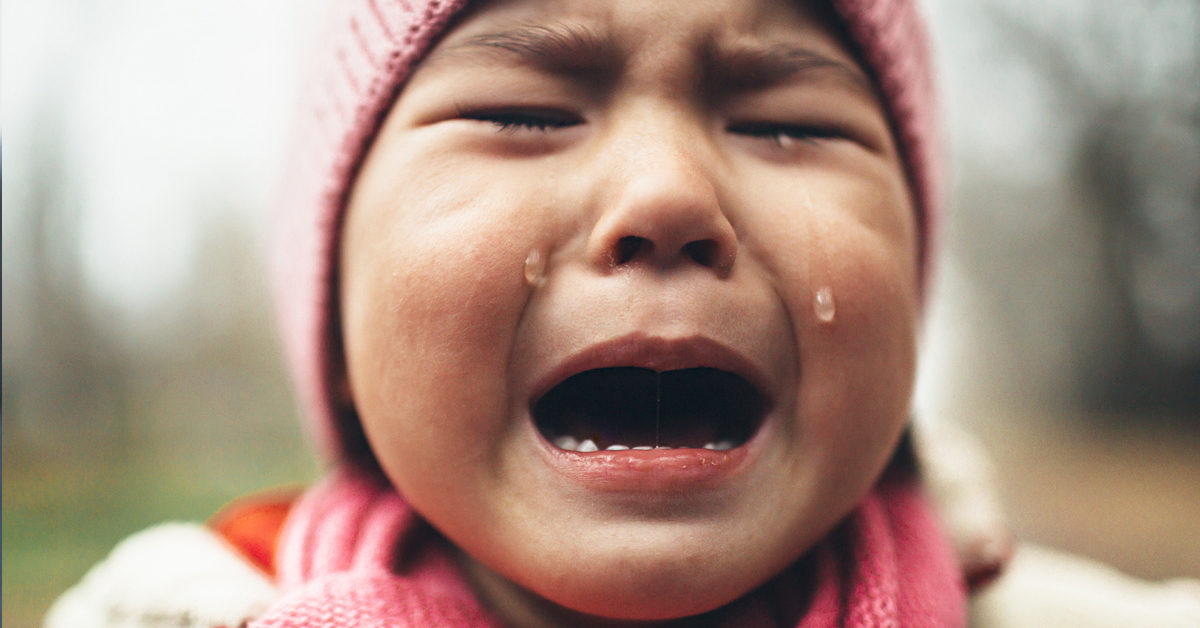
Experiencing the death of a loved one is difficult for anyone at any age. Having to say goodbye to someone who you love dearly requires a lot of grieving. However, children may have an even more difficult time handling the death of a loved one.
Because it’s the first time that they’ve likely experienced a death, they may not understand what to expect at the funeral services or the stages of grief they may experience. Kids may react in many different ways that can be tricky to handle. They need your help to navigate the feelings that they are experiencing and plenty of support.
Take a look at some of the best things you can do to help your child handle the loss of a loved one.
Use Language They Can Understand
Heavy subjects like death can be tricky for children to understand. Concepts like death may be very confusing for them to wrap their head around. Therefore, it’s important that when you break the news about the death of a loved one that you use simplistic yet straightforward language. Trying to dance around the subject too much can cause confusion and misunderstanding. Use basic language that directly expresses what’s happened.
Chances are that they’ll have plenty of questions, so prepare yourself to answer them. For example, if they want to know how their grandma died, try to prepare an acceptable way to explain the circumstances. You can explain something like as people get older, their bodies may not be able to heal as well as they once did in their younger years. Going into detail isn’t necessary.
Comfort Them
Comforting your child is incredibly important. Even if they may not seem very sad initially, offering your love and physical affection can make a big difference in how well they receive the news. Physical affection is incredibly helpful for children to be reminded that they’re safe and protected. Offer hugs whenever they need it and give them whatever they need to feel better. Sometimes they may want to talk, and sometimes they may just want to be with you without saying a thing. It helps to follow their cues.
Explain The Next Steps
A lot of things can change when a loved one passes away. You may not have the same family rituals or routines. It’s important that you help your child understand what changes they can expect as time goes on. Be as clear as possible when explaining how routines will change so that they will know what to expect. The better that they can anticipate the future, the more prepared they will be for the changes.
By applying these tips and managing to handle your own emotions as well, you should be able to help your child navigate the complications and pain associated with the death of a loved one.
Leave a Reply